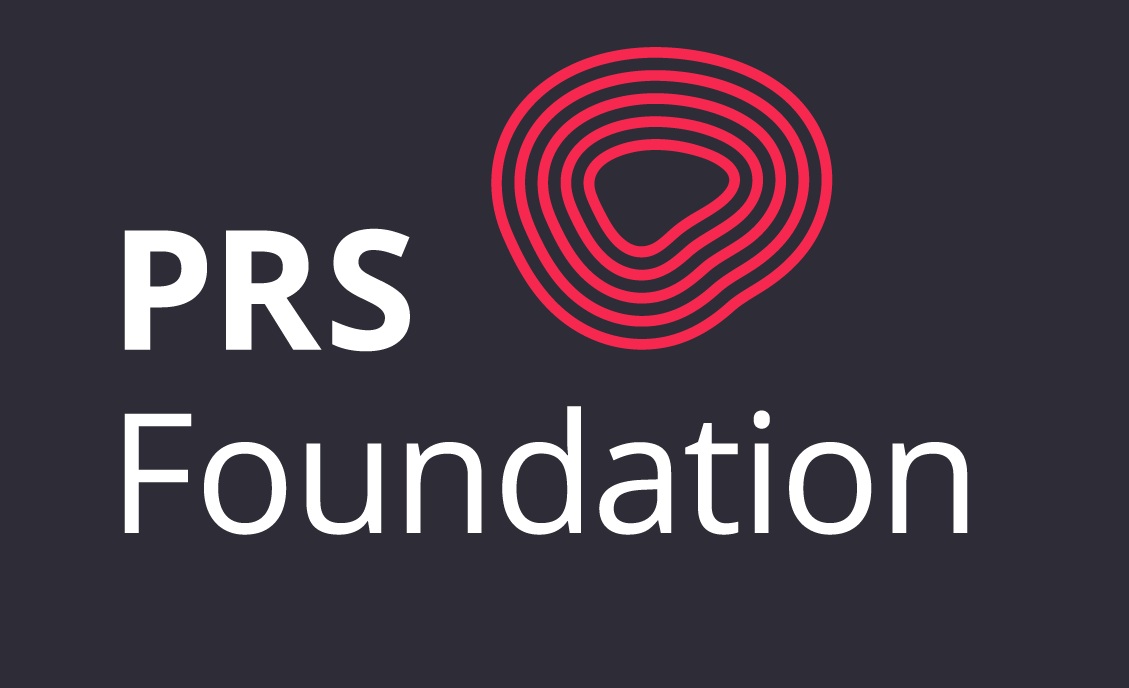Hello there, my name is Simon (always 'on brand') and I'm the Director of Music Services over at . We're an independent music publisher home to 45k+ songwriters worldwide and it's my job to get all our artists' music onto TV/adverts/movies/games or any other synchronisation opportunities that may occur. Sentric launched in 2006 and I've pretty much been here since the get go. Our service is open to anyone who creates original material; we can collect publishing royalties, neighbouring rights income and get your music synced all on term which means you can leave with just 28 days notice *and* you retain your copyright. It's also free to join which is lovely…
9:00am – I’ll get into the office and dive into the sea of emails that no doubt awaits me from the night before. We do a lot of work with companies in the States so there's always a number of things to reply to, be it info on songwriter splits, the delivery of music in certain ways to suit each music supervisor's needs, or just general updates on the artists we're working with and the new music we're currently pushing at that time for potential synchronisations.
10:00am - Most days I'll be responding to briefs sent via one of our network of sync agents or music supervisors around the world. Stereotypically there are two types of brief; 1) a very wordy, flowery description of the project and the type of music they're looking for to fit to the picture. Often containing contradictory terms such as; "It needs to be happy, but with an undercurrent of melancholy" or "upbeat, but quite chilled at the same time" which basically are a bit of a nightmare to deal with as they're asking for something they've ultimately not yet decided upon. Or type 2) "We'd like to use [INSERT NAME OF MASSIVE BAND HERE], but we only have £10,000 (which is peanuts for an artist with profile), so have you got something that sounds similar?" They're much more straightforward to deal with! This also usually means that they're nearly at the deadline of needing the music signed off which means a deal can be done quicker and with less chance of someone up the 'creative food chain' changing their mind on what kind of music they're looking for.
12:00pm - Once I've shortlisted the bands I'll be pitching for the sync opportunities, I'll then spend some time collating information on them all to send to the music supervisors. One thing that quite a lot of artists forget is that it's not just the quality of the song that lands you the sync, but the activity around the artist as well. When I send over a playlist of tracks to a music supervisor each artist will have 3 bullet points on why they should consider using that track for their project. Things that turn sync agents and music supervisors on are key radio airplays (BBC Radio 1, 2, 1Xtra, 6Music, XFM, Kerrang etc.), noteworthy gigs (anything big, decent tour support, self sufficient touring, European dates etc.), key blog exposure from tastemaking blogs (Pitchfork, DrownedInSound, The 405, The Line Of Best Fit etc.) and anything generally a bit different which will grab someone’s interest. The key phrase to remember here is "tastemakers respect tastemakers tastes." So if someone says something nice about you, make sure you put it online for people to discover! On the 'About' section of your Facebook profile is usually a good idea.
1:00pm - Bit of lunch. Soup. Watching the waistline aren't I?
2:00pm – Onto a bit of A&R which is a combination of responding to emails and queries from artists I already have relationships with (making sure they're happy with the service, asking what they're up to, chasing them for instrumentals of their music etc.) and getting in touch with artists I've come across on my digital travels who I'd love to work with. Thankfully by now, a lot of emerging musicians and artist managers have heard Sentric's name mentioned somewhere or other so it's less of a tough sell as it used to be when we started back in 2006 (we're home to 16k+ artists now).
I discover new music from blogs (the ones mentioned previously), podcasts (Jon Hillcock's All Back No Front podcast is amazing), following people who have good ears on SoundCloud and via various music industry contacts I've made over the years. And it's not just scouts/A&R who are sending tips to one another; it's lawyers, agents, promoters, labels, blogs, PR, pluggers etc. Basically anyone who works with music will be talking to other people who work with music about music. Music, music, music. It's non-stop. A massive thing for an artist to realise is that the majority of these tips are born from a local source; a good A&R person worth their salt will be chatting to key people in local music scenes, recording studios, fanzines, venues, promoters and so on to get the gossip on who is causing the biggest fuss in that area and who is making the most exciting music. That's why it's imperative to simply be nice to those around you in your local music scene because if you annoy them, then they'll simply not talk about you to the people you want to hear your name.
4:00pm - On a daily basis I'll be responding to queries from our UK based TV contacts asking for various bits of information including songwriter splits and tune codes (each track has a unique identifier with the PRS). It's incredibly important that I keep all our clients up to date with all this information as without it they'll be unable to report it to the PRS/MCPS/PPL correctly which means the subsequent royalties generated from the sync won't be paid out to the artists (and us) in question. We're currently seeing our music being used on a daily basis around the world on primetime TV, so having this information to hand and easily accessible to everyone who needs it is very important indeed. There are also times where we'll need to urgently get a track registered with a certain organisation in order for it to be used on TV. In the UK all music must be registered with 3 different organisations in order for it to be synced within a TV show; the PRS & MCPS (which are both regarding publishing rights and who Sentric will automatically register with for our artists) and the PPL (which is for the master rights owners, something which we now also administer for artists as well).
5:00pm - I handle the lion's share of social media here at Sentric; looking after our Twitter (), blog () and podcast (). The blog is basically a pool of advice for artists covering loads of different subjects ranging from an idiot’s guide to landing a sync deal to how to email someone in the music industry for the first time. It's clocked up 250k+ views now and has resulted in myself and Sentric being invited to talk at music conferences around the UK and on BBC 6Music a couple of times which is pretty cool.
The podcast is a monthly round up of the best new music we're working with here at Sentric and has been featured on the front page of the iTunes podcast store on 4 separate occasions now which I'm rather chuffed about. If you're looking for your favourite new band then it's well worth having a listen to.
6:00pm - Game of snooker. We got a table in the office recently. Amazing.
sentric music, simon pursehouse, music publishing, music sync, prs for music, ppl, mcps, music royalties, music supervisor, tv sync, film sync







